Hong Kong will ban seafood from high-risk regions near Fukushima at once if Japan starts to dump nuclear-contaminated water from its crippled Fukushima Daiichi nuclear power plant into the Pacific Ocean, said Hong Kong's environment chief on Thursday.
The Hong Kong Special Administrative Region has set up a special group to guarantee food security for residents, said Secretary for Environment and Ecology Tse Chin-wan, emphasizing that if Japan starts dumping the nuclear-contaminated wastewater, the government will take immediate measures to ban the import of aquatic products from high-risk regions along the Fukushima coast and to impose strict import controls on aquatic products from other risk regions in Japan.
The specific contents of the import controls, including the affected regions in Japan, will depend on the final conclusions of the International Atomic Energy Agency's overall report, expert opinions, relevant information provided by the Japanese side, and risk assessments, Hong Kong's Environment and Ecology Bureau told the Global Times.
Japan on Monday started to send seawater into an underwater tunnel of the Fukushima Daiichi nuclear power plant designed to release nuclear-contaminated wastewater into the ocean, which is seen as preparation for the formal dumping plan to discharge more than 1 million tons of nuclear-contaminated wastewater starting from the spring or summer in 2023.
The food security center has enhanced radiation testing of imported Japanese food, especially seafood, since mid-April, and the government will strengthen radiation inspections of imported Japanese food, releasing monitoring data on specific radionuclide measurements every month, said Tse Chin-wan, warning food importers and the catering industry to make early arrangements.
The Environment and Ecology Bureau told the Global Times that from March 2011 to May 2023, the Center for Food Safety tested more than 770,000 samples of imported food from Japan, including 120,000 samples of aquatic products. The radiation levels in all samples did not exceed the reference limits set by the Codex Alimentarius Commission, an international food standards organization.
Currently, live, frozen or chilled seafood, as well as chilled meat, poultry and eggs from Fukushima and four neighboring prefectures of Ibaraki, Tochigi, Chiba and Gunma can still enter Hong Kong as long as the items have radiation certificates issued by the Japanese authorities.
After the 9.0 magnitude earthquake struck off the Japanese coast in March 2011, triggering a tsunami that resulted in the world's worst nuclear disaster since Chernobyl in 1986, there were 12 countries and regions that imposed food import bans on Japan, including Hong Kong.
The city banned vegetables, fruits, milk, dairy beverages and powdered milk from Fukushima, and it required radiation certificates and exporter certificates for food products from the neighboring prefectures.
As Japan is a popular travel destination with its food highly regarded by people in Hong Kong, Elizabeth Quat, a Hong Kong lawmaker, told the Global Times on Thursday that she sent a letter to the Legislative Council's Panel on Food Safety and Environmental Hygiene on Wednesday, requiring the authorities to strengthen testing and consider banning seafood from the surrounding areas of Fukushima to ensure the health of Hong Kong residents.
"The Japanese government claims that the contaminated water has been 'treated' and is now safe, but the statement has been questioned and challenged by the international community on multiple occasions," said Elizabeth Quat.
Tokyo Electric Power Co said on Monday that the radioactive elements in marine fish caught in the harbor of the Fukushima Daiichi Nuclear Power Plant far exceeded safety levels for human consumption, with the content of Cs-137 reaching 180 times that of the standard maximum stipulated in Japan's food safety law.
Wong Kit-lung, chairman of the Hong Kong Japanese Food & Cuisine Association, said that as the dumping of Fukushima nuclear-contaminated water will have an impact on some supermarkets and seafood businesses in Hong Kong, and some businesses have already made preparations, including shortening product contract periods, reducing the sale of related products, or choosing alternative products from Japan's unaffected prefectures.
The import ban is a feasible countermeasure against Japan's dumping of nuclear contaminated water into the ocean, and the Chinese mainland could impose the import ban to other agricultural and food products from the high-risk areas near Fukushima, Chang Yen-chiang, director of the Yellow Sea and Bohai Sea Research Institute of Dalian Maritime University, told the Global Times on Thursday.
In 2017, China's General Administration of Quality Supervision, Inspection, and Quarantine mandated that importing enterprises, including cross-border e-commerce, should avoid importing food products from 10 Japanese prefectures.
These prefectures were Fukushima, Gunma, Tochigi, Ibaraki, Miyagi, Niigata, Nagano, Saitama, Tokyo and Chiba.








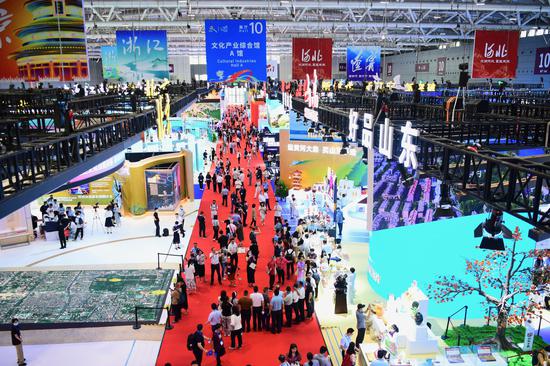
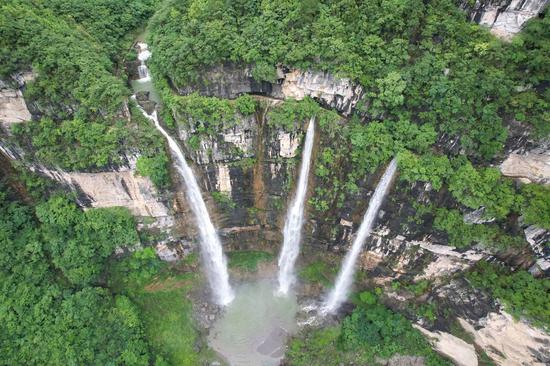
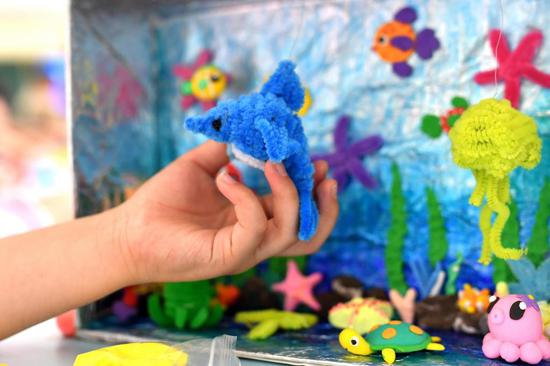

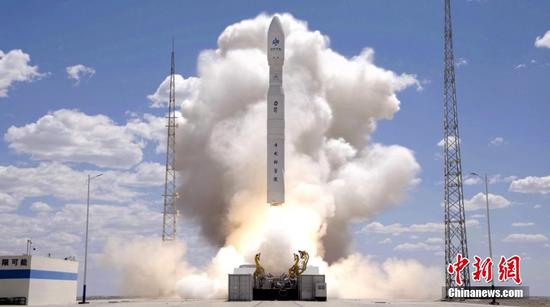
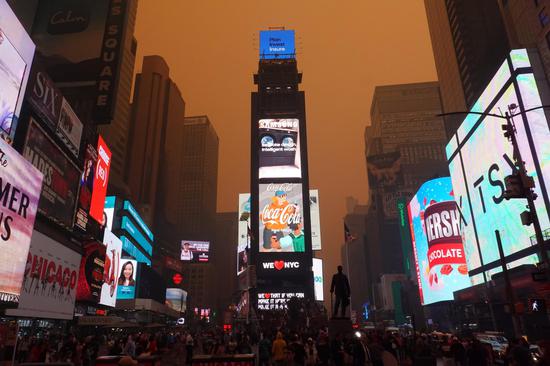
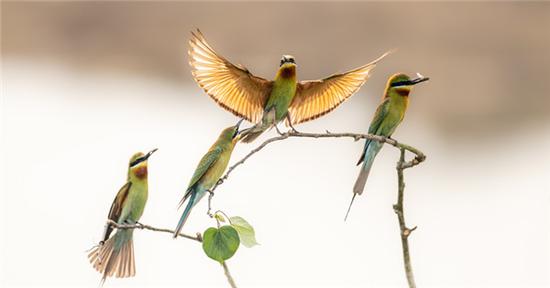
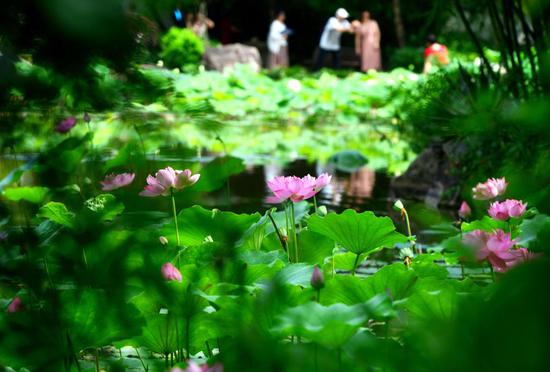
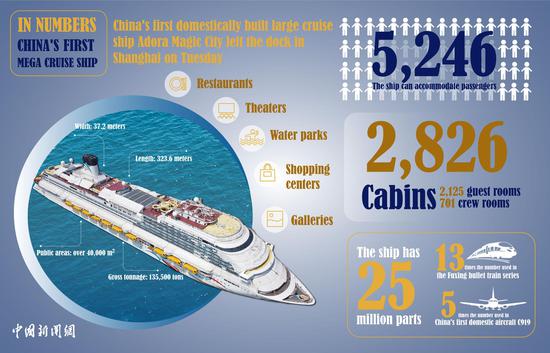
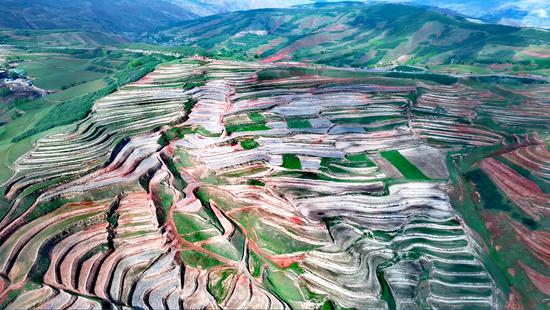
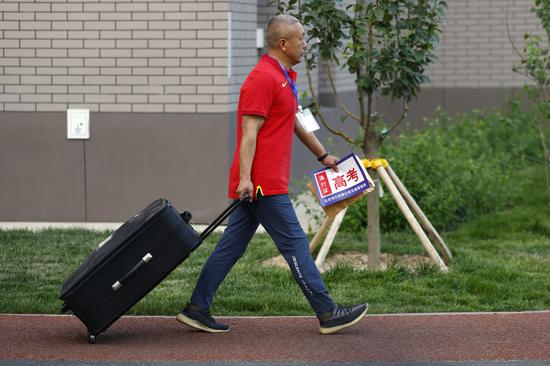
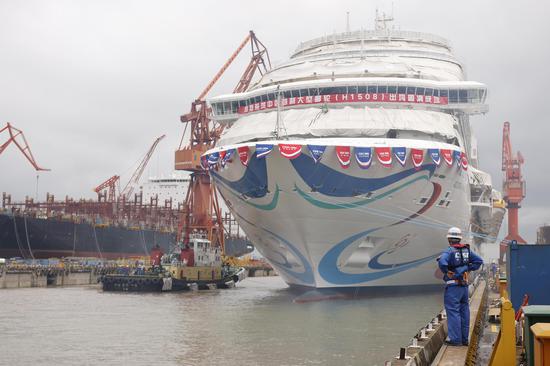

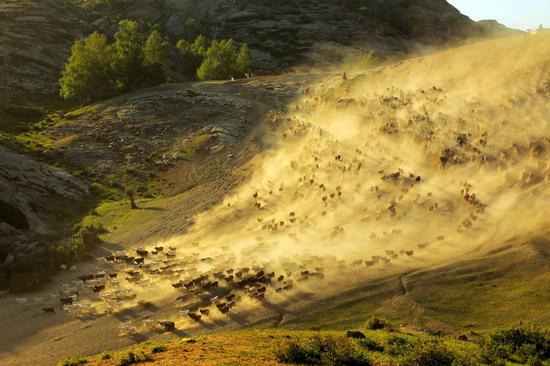
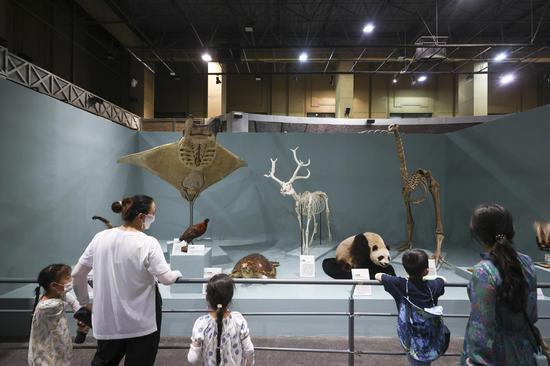
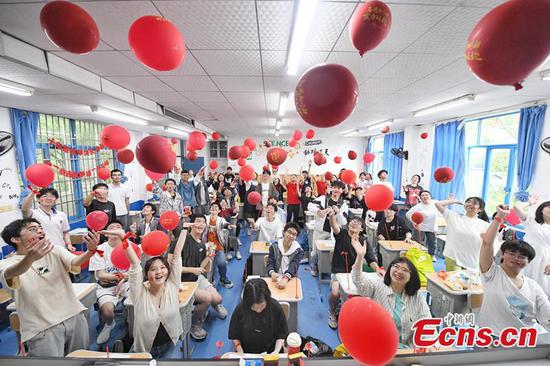
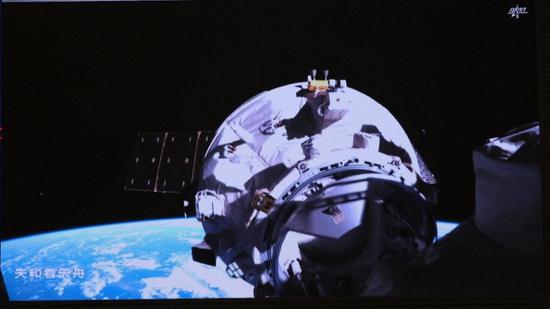
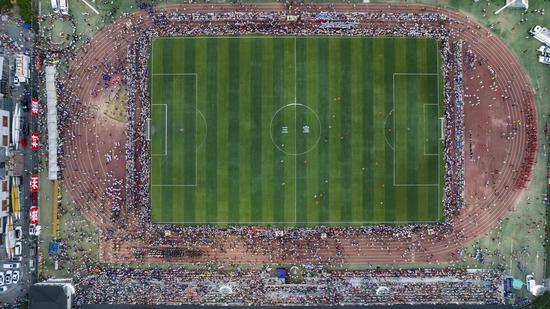
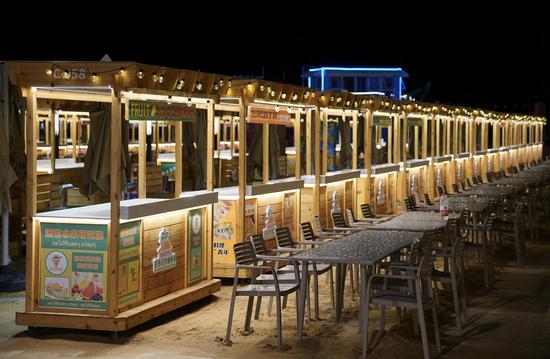
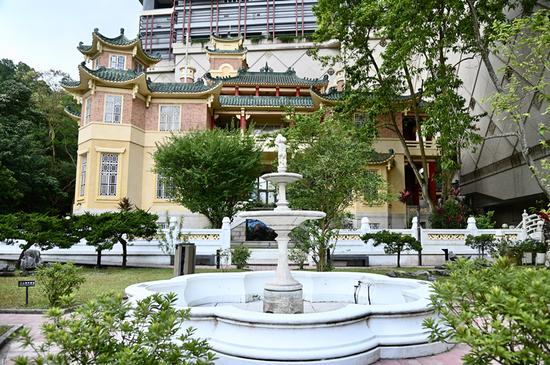
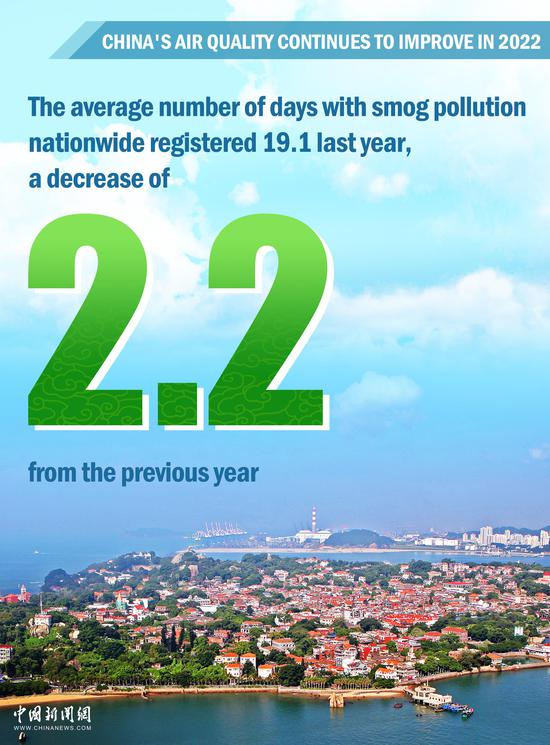
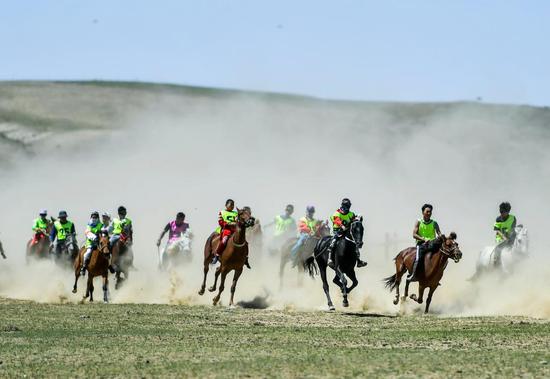
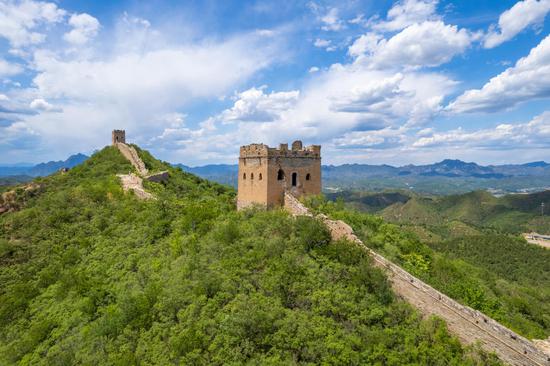
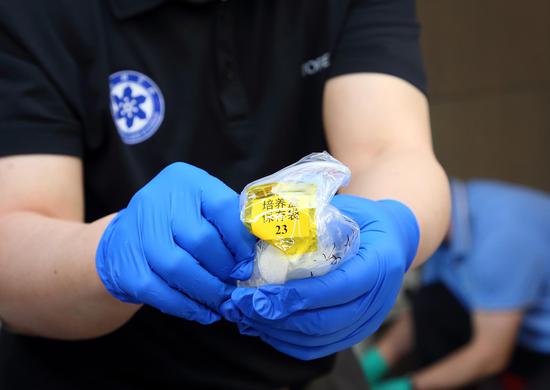
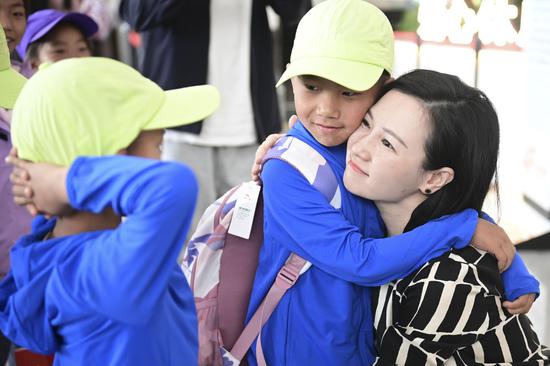
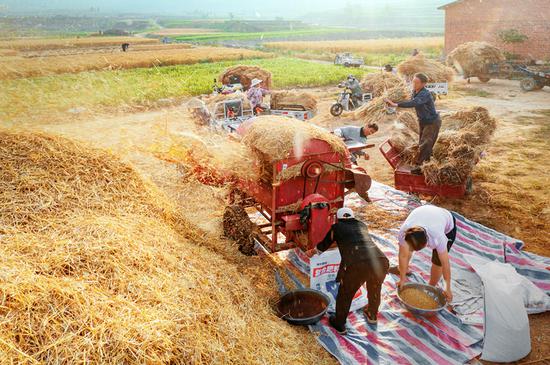
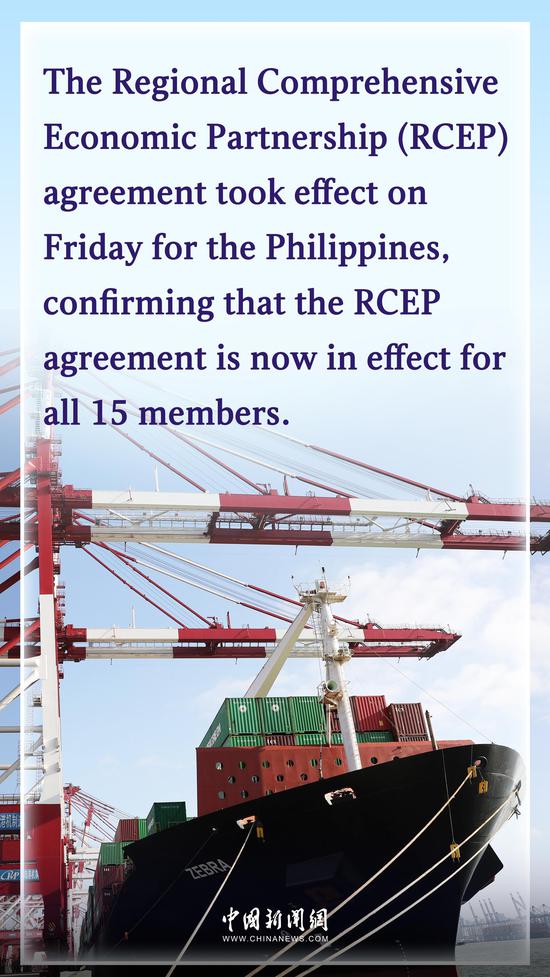
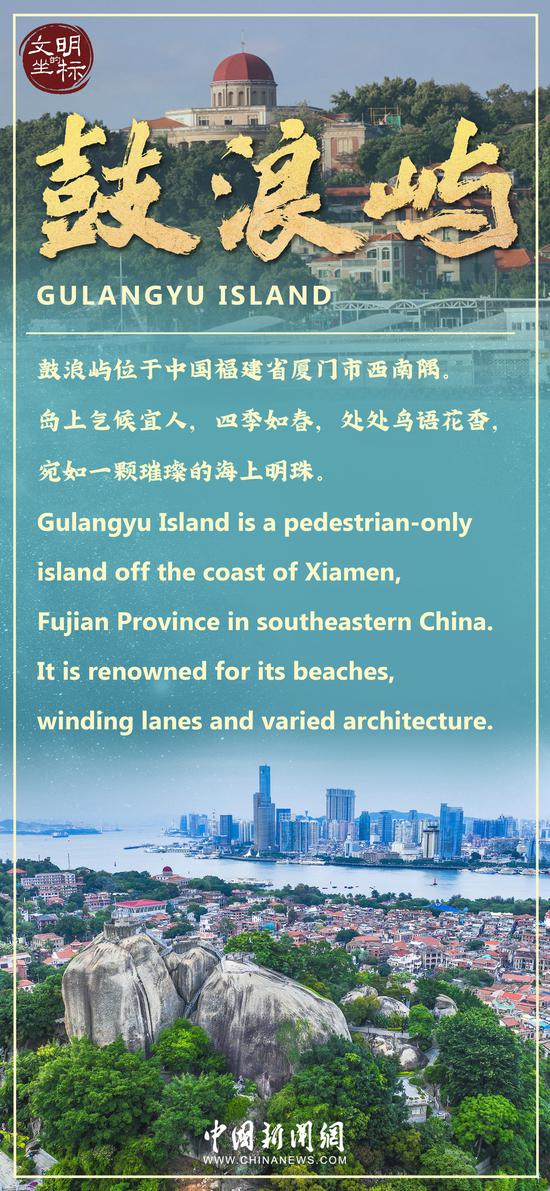
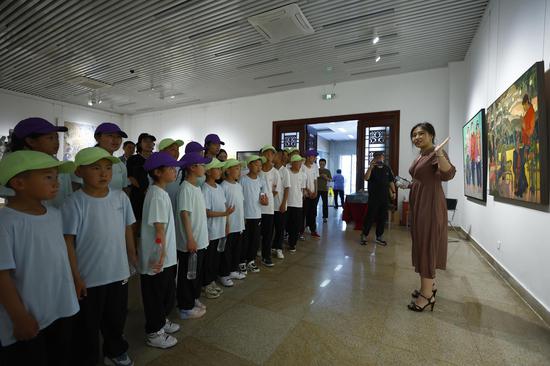

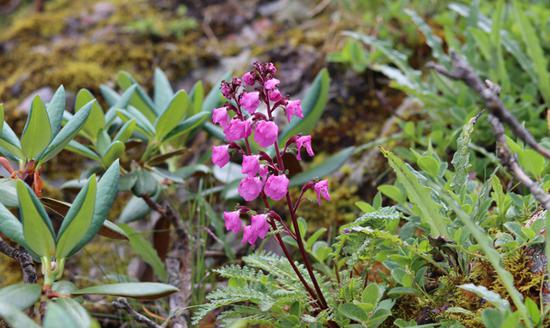
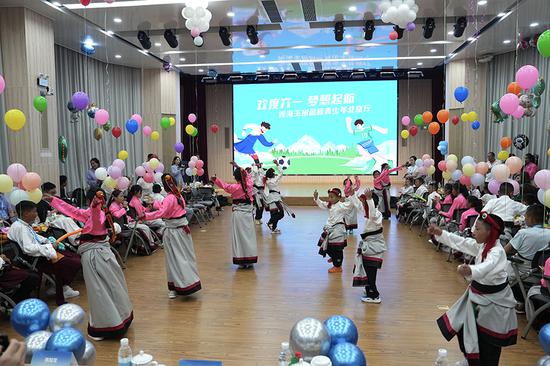
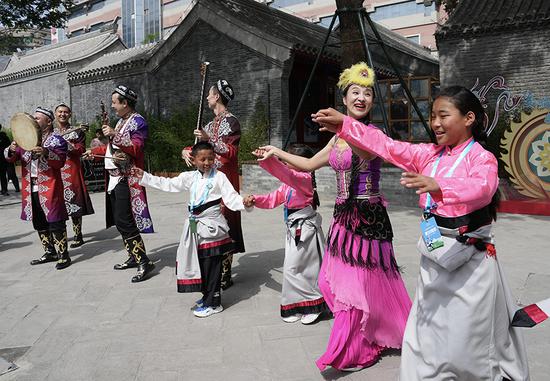
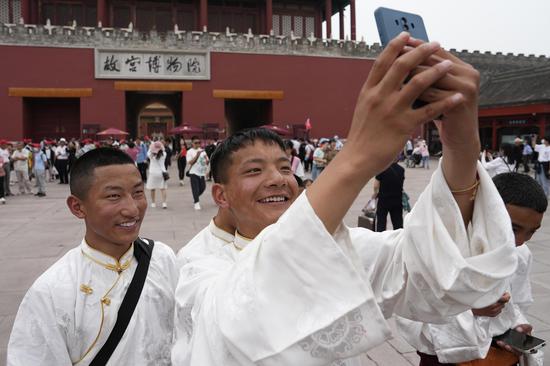
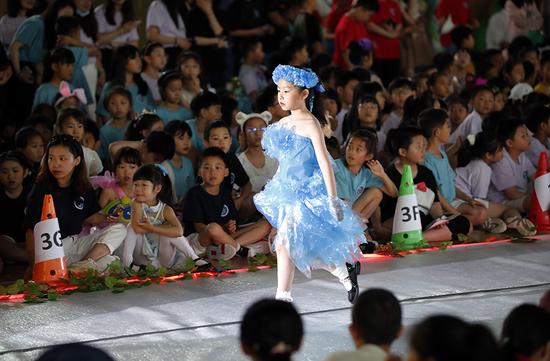
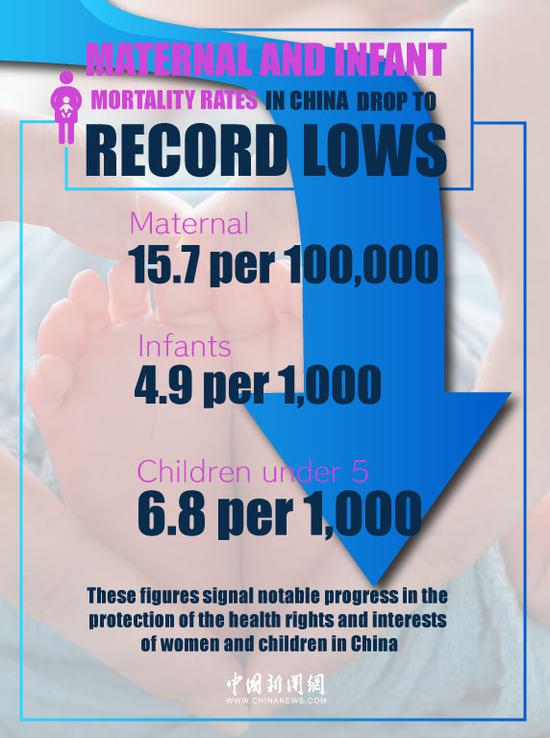
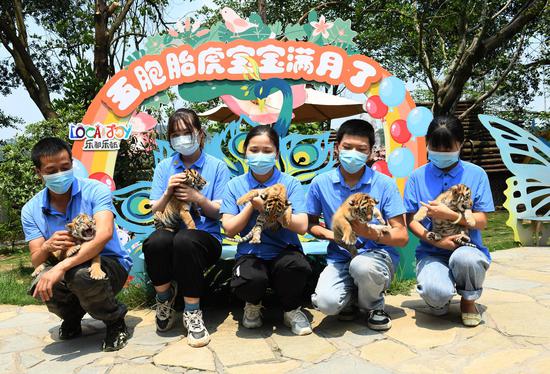





 京公网安备 11010202009201号
京公网安备 11010202009201号